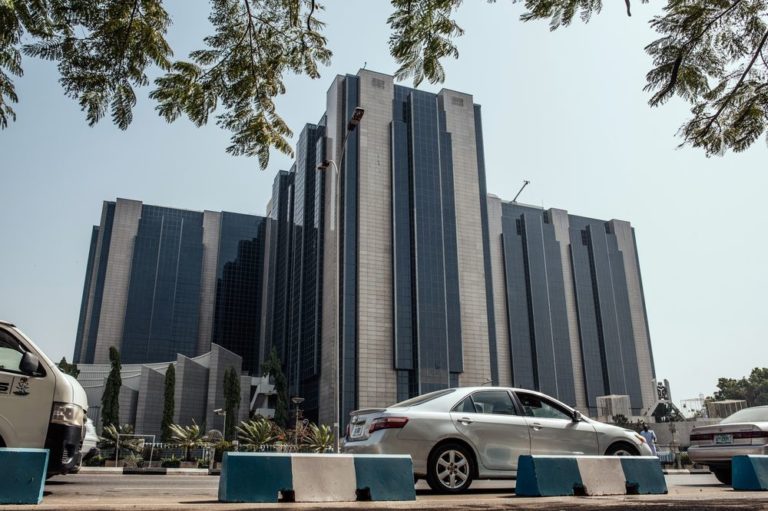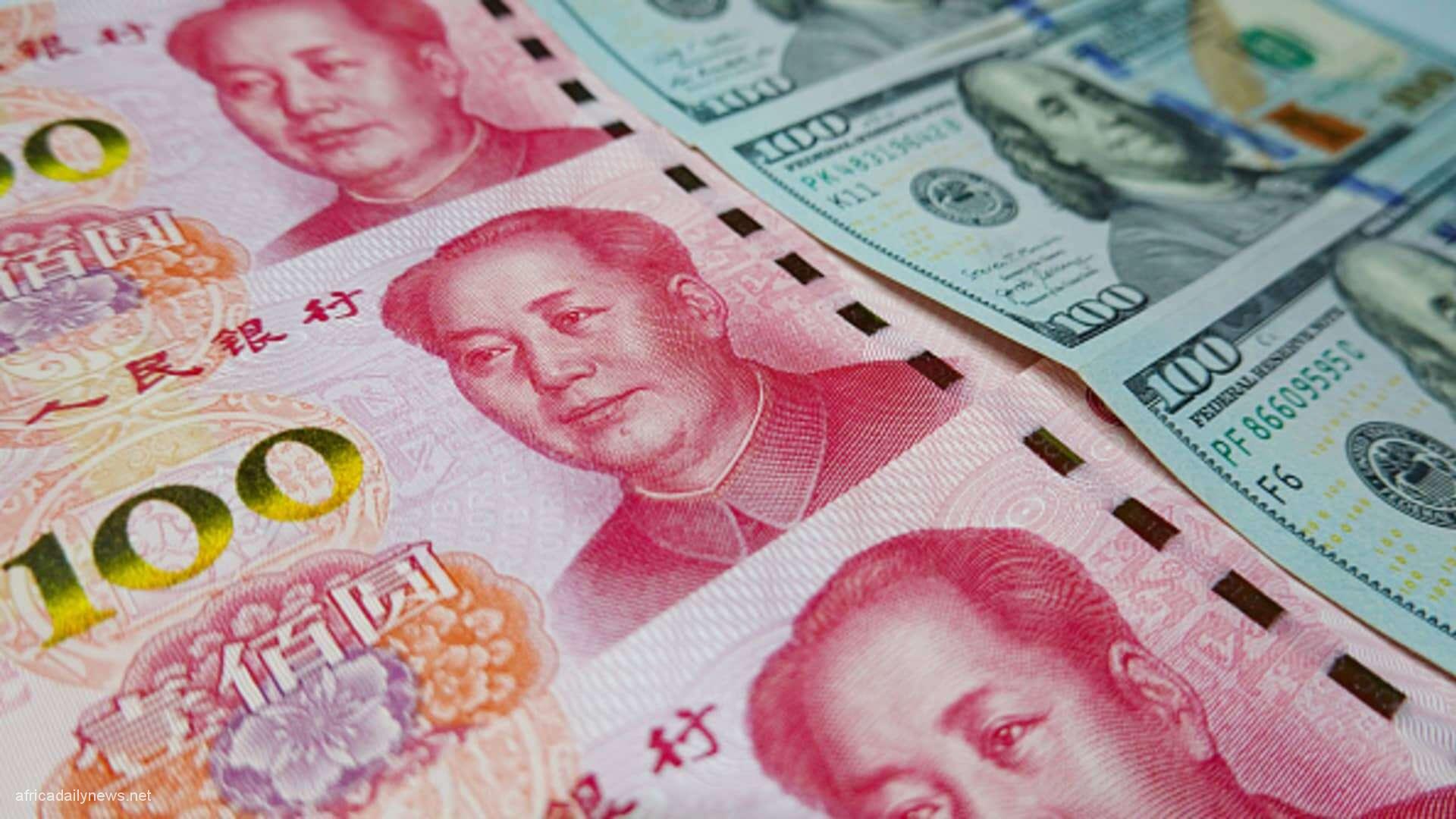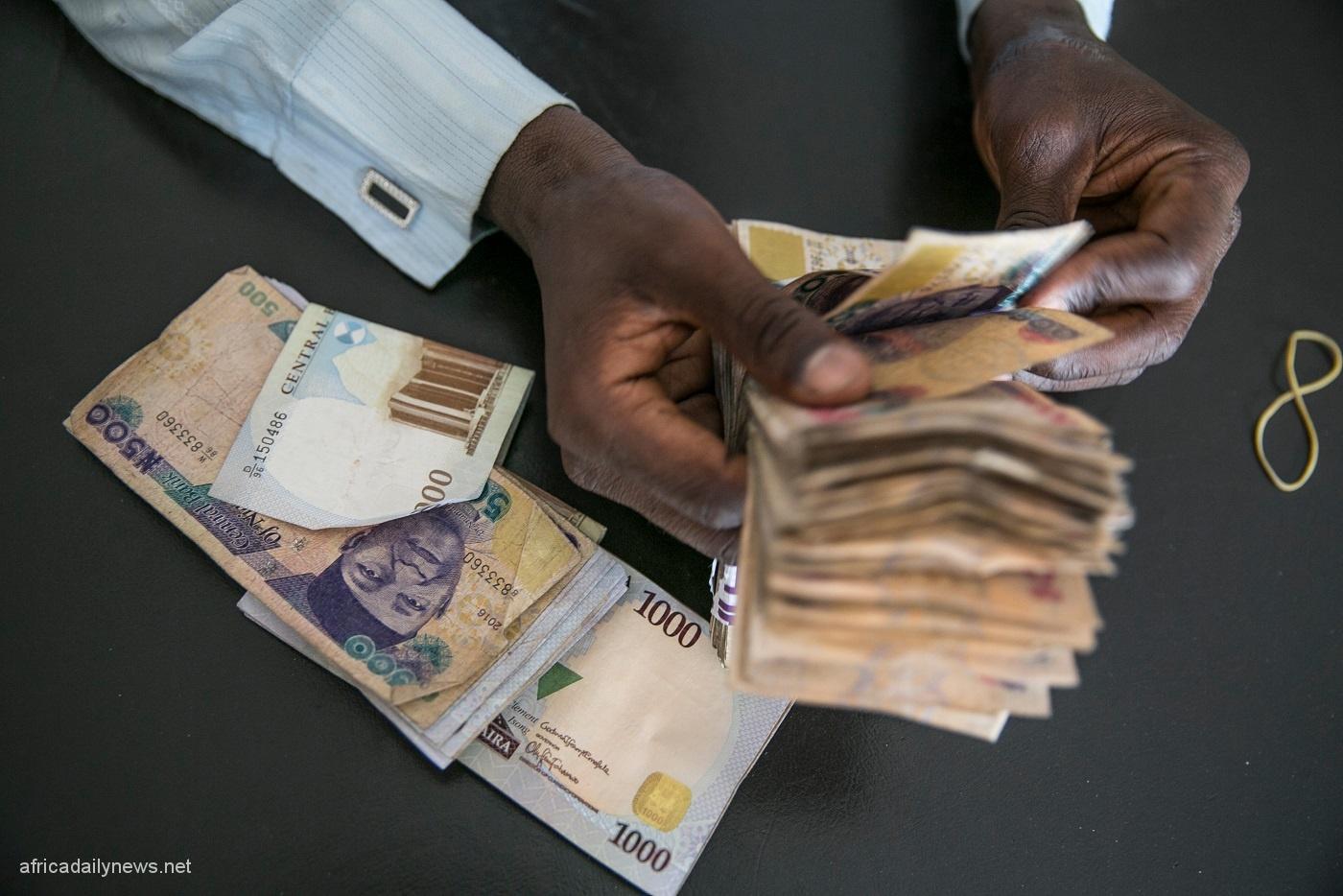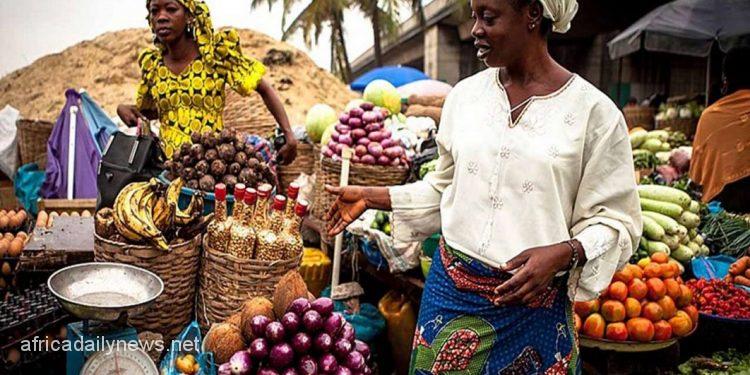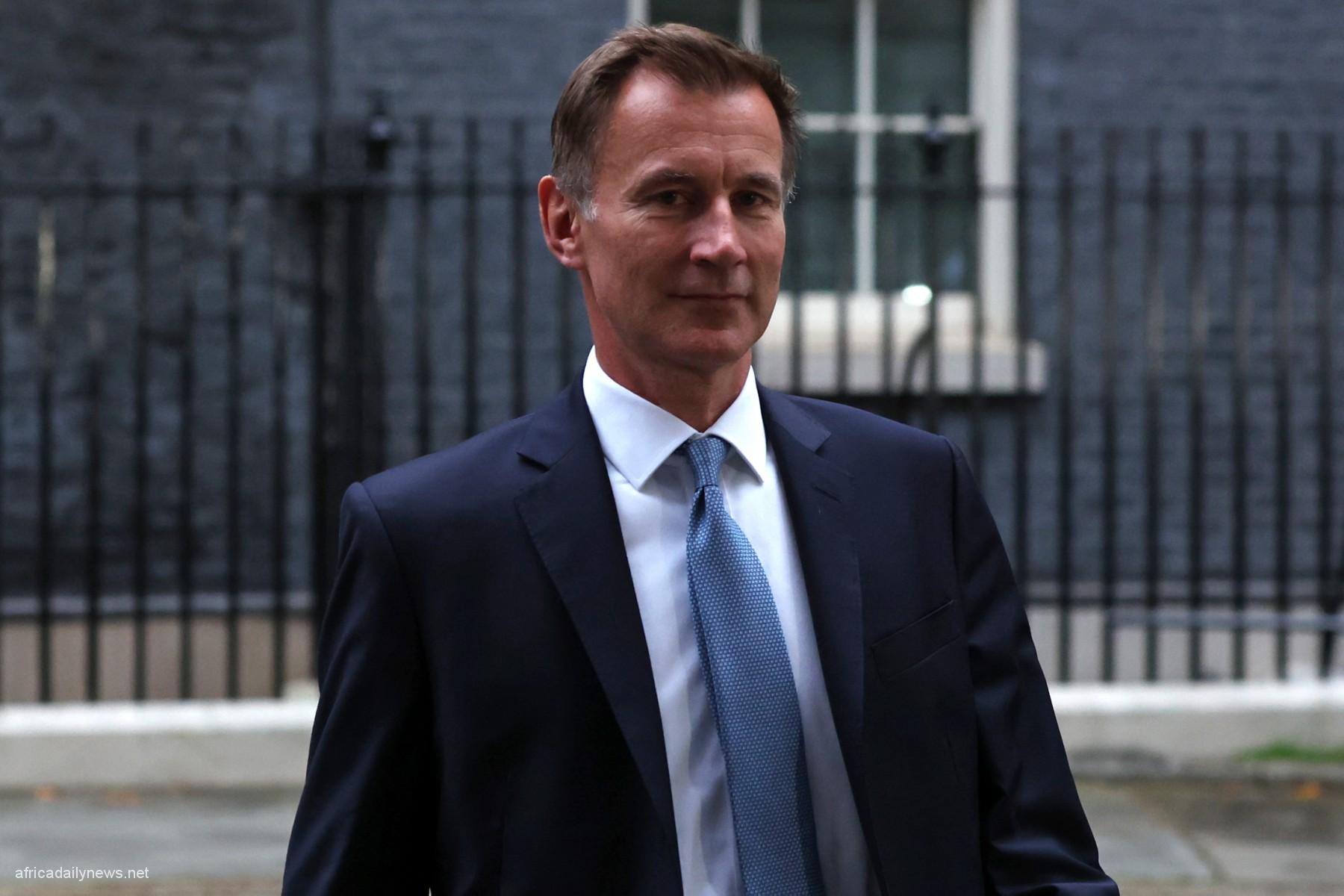Central Bank of Nigeria (CBN) Governor, Mr. Godwin Emefiele, on Tuesday disclosed that the synchronized efforts by the monetary and fiscal authorities to mitigate the impact of the COVID-19 pandemic have led to the disbursement of ₦2. trillion as of January this year.
Emefiele made the disclosure at the end of the first Monetary Policy Committee meeting of this year.
He revealed that N192.64 billion has been disbursed to 426,016 beneficiaries of the COVID-19 Targeted Credit Facility (TCF) meant for household and small businesses.
‘We have also disbursed ₦106.96 billion to 27,956 beneficiaries under the Agri-Business Small and Medium Enterprises Investment Scheme (AGSMEIS), while in the Health Care Support Intervention Facility, we have disbursed ₦72.96 billion to 73 project that comprises 26 pharmaceutical projects and 47 Hospitals and Health Care Services Project in the country. To support the provision of employment opportunities for the Nigerian youth, the Central Bank of Nigeria also provided financial support through the Creative Industry Financing Initiative and Nigerian Youth Investment Fund amounting to N3.12 billion with 320 beneficiaries and ₦268 million with 395 beneficiaries, respectively. On enhancing power supply, the Bank has so far, provided N18.58 billion for the procurement of 347,853 electricity reading meters to Discos in support of the National Mass Metering Programme’, the CBN Governor revealed.
Read Also: Don’t Give Money For Food Importation – Buhari Orders CBN
Emefiele noted that, under the Anchor Borrowers Programme (ABP), ₦554.63 billion had been disbursed to 2,849,490 beneficiaries since the inception of the programme, of which ₦61.02 billion was allocated to 359,370 dry season farmers.
The Committee urged the Bank to sustain its current drive to improve access to credit to the private sector while exploring other complementary initiatives, in collaboration with the Federal Government, to improve funding to critical sectors of the economy.
On the external reserves position, the Committee noted the increase in the level of external reserves, which stood at US$36.23 billion as at 21st January 2021 compared with US$34.94 billion at the end of November 2020. This reflected improvements in crude oil prices, partial global economic recovery amid optimism over the discovery and distributions of COVID-19 vaccines by most developed economies.
On efforts to stabilize food prices, Emefiele said that the bank has detected the unhealthy activities of private commodities exchange, a development that necessitates the repositioning of the Nigeria commodity exchange.
‘We have written to the President and luckily, we have received the approval to restructure and reposition the Nigeria commodity exchange. It will operate like standard commodity exchanges that you can find in any part of the world which includes stabilizing of food prices generally. We will be coming up with the agenda and framework for the restructuring and repositioning of the Nigeria commodity exchange and we will do so in a manner that prices must be stable in Nigeria. We will not allow some self-seeking private exchange commodity to be holding agriculture products and be creating problems for prices because price stability is the core mandate of CBN and we cannot shy away from the responsibility, luckily the CBN own 60% of Nigeria commodity exchange and we take control of it and will run it the way commodity exchanges are supposed to be run in any part of the world. That is one way that we would want to stabilize food prices in Nigeria’.
During the period under review, money market rates remained low, reflecting the prevailing liquidity conditions in the banking system. Overall, the monthly weighted average Open Buy Back (OBB) rates declined further from the 1.13 percent in November 2020 to 1.09 percent in December 2020.
On the equities market, the Committee noted the positive performance, particularly the sustained patronage by domestic investors largely driven by the prevailing low yields in the money market. The All-Share Index (ASI) increased by 1.82 percent to 41,001.99 points as at 22nd January 2021 from 40,270.72 points on 31st December 2020. Similarly, Market Capitalization (MC) grew by 1.80 percent to ₦21.44 trillion from ₦21.06 trillion over the same period. This improved performance was largely attributed to gains recorded in medium and large capitalized companies, notably in consumer goods, banking, insurance and oil and gas sectors.
The Monetary Policy Committee (MPC), however, noted the marginal increase in the Non-Performing Loans (NPLs) ratio which rose to 6.01 percent at the end-December 2020 from 5.88 percent at the end-November 2020 and above the prudential maximum threshold of 5.0 per cent. While noting that this development is not unexpected under the prevailing circumstances, it urged the Bank to strengthen its macroprudential framework to bring NPLs below the prescribed benchmark.
AFRICA DAILY NEWS, NEW YORK

